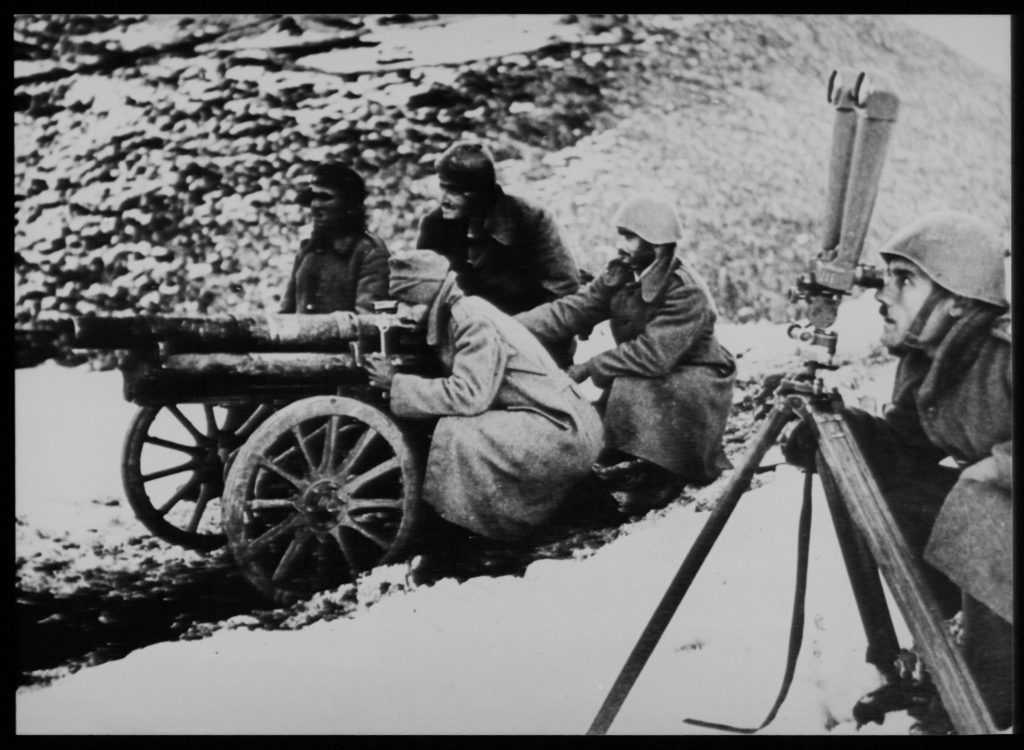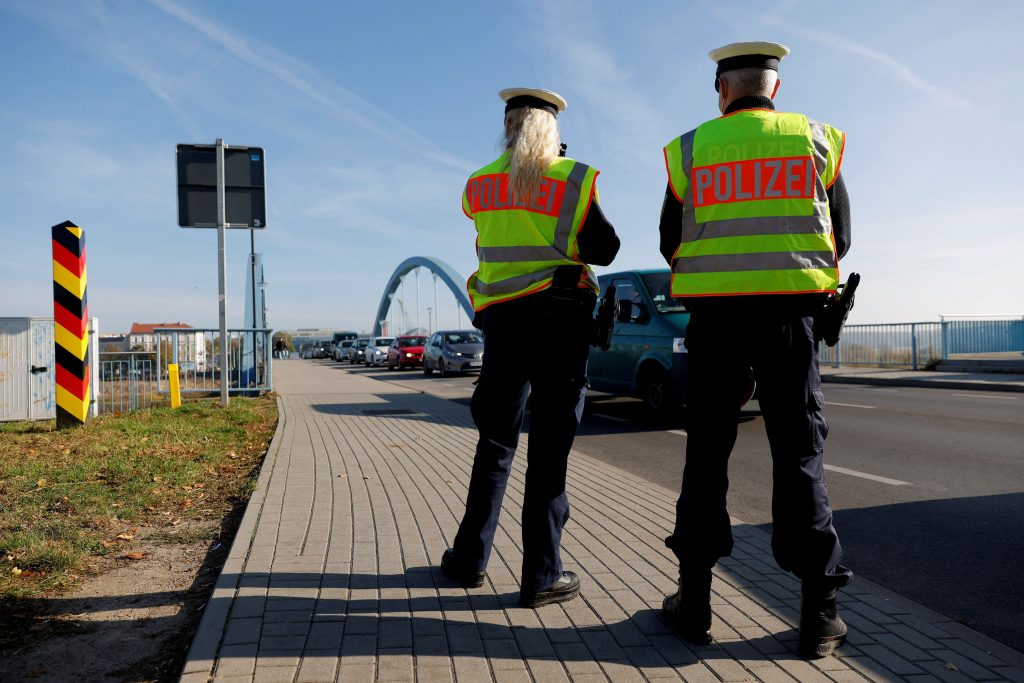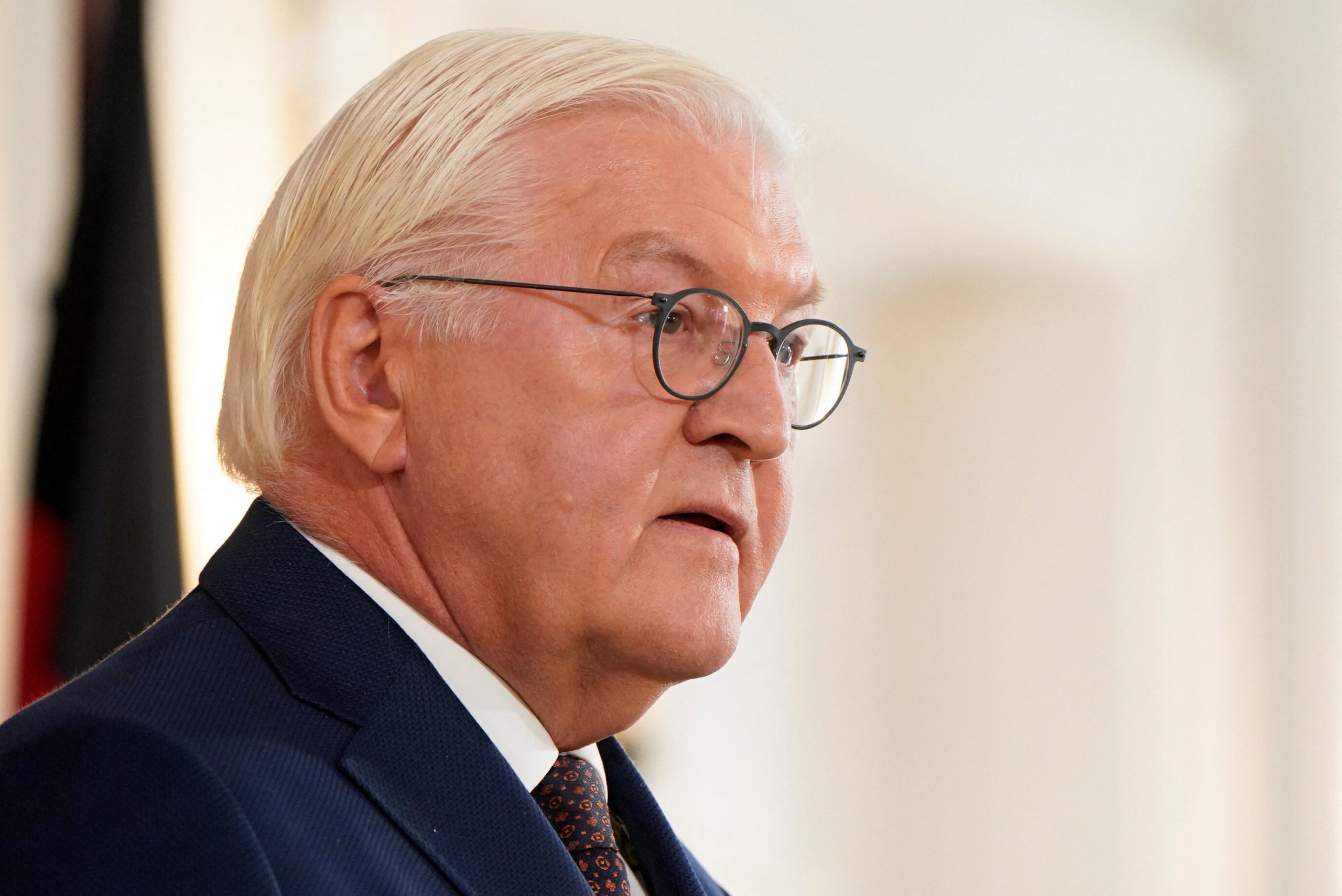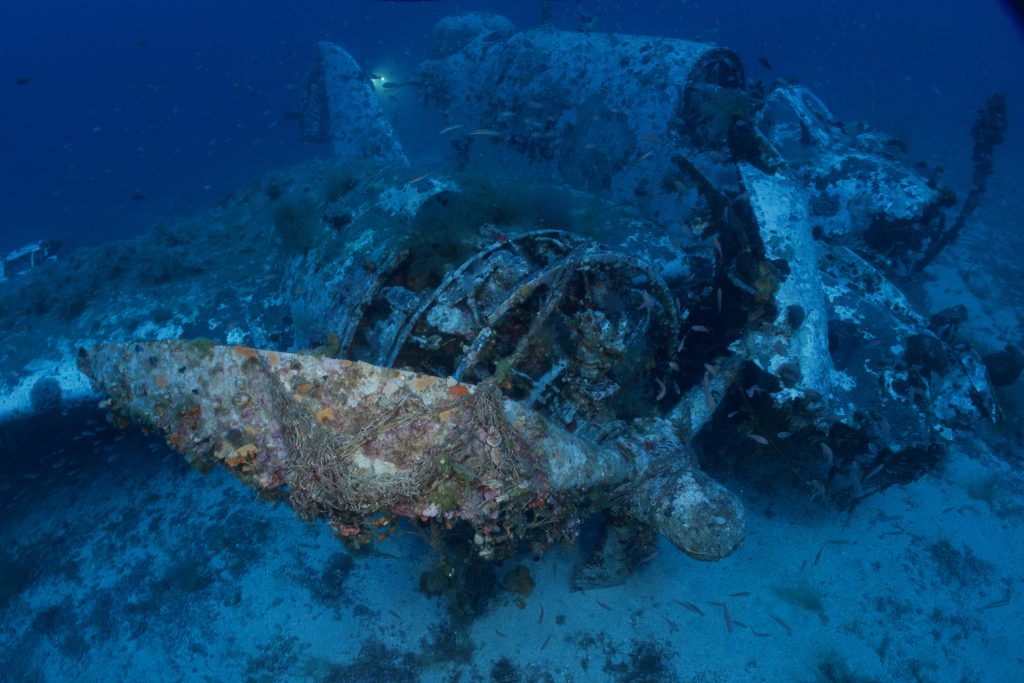In Germany’s foreign policy, the Federal President, such as President Steinmeier, primarily serves a ceremonial role, representing the nation abroad, conducting official visits, and receiving foreign dignitaries. In speeches, he underscores the values and principles guiding German politics—often in general terms, avoiding specific commentary on daily political affairs. In this regard, parallels exist between the German and Greek constitutional frameworks. Similarly, Greece’s president remains detached from active, day-to-day political maneuvering within party politics.
Nevertheless, the German head of state’s official visits carry significant political weight. Frank-Walter Steinmeier’s visit to Greece, beginning this Tuesday, underscores the distinct significance of intergovernmental relations. This three-day visit can be seen as the culmination of a fruitful year in the relationship between the two countries, which has not always been without difficulties.
Just weeks ago, both governments celebrated the high level of cooperation at the Thessaloniki International Fair, where Germany was the official partner country. According to official statements, economic relations, in particular, have reached unprecedented strength. A comprehensive network of collaborations has also developed in other sectors.
“The diversity and depth of German-Greek relations are reflected in the visit’s topics: from historical remembrance and political challenges such as migration and sustainability to partnerships in business, science, and culture,” reads the official statement from the President’s Office in Berlin.
However, where there is light, shadows also fall, as a German saying goes. More than any other issue, the legacy of German war crimes during World War II complicates the normalization of relations. During his previous state visit to Greece in 2018, Frank-Walter Steinmeier formally asked forgiveness for the atrocities committed by German occupying forces during the war—a gesture described at the time as historic.

During this visit, historical remembrance remains a focal point, with memories of the darkest chapter of German-Greek relations at the center. The theme of historical reflection runs consistently through Steinmeier’s tenure. To start, the German President, alongside Greek President Katerina Sakellaropoulou, will visit the future Holocaust Museum site in Thessaloniki. The program concludes three days later in Crete, where the German President plans to meet with witnesses in the martyrs’ village of Kandanos.
Not all in Greece will welcome the German President with open arms. Many in Greece hold the view that Germany’s moral culpability alone is insufficient; words of apology should be accompanied by reparations for past crimes. The current government in Athens broadly agrees but also emphasizes that the reparations issue should not impede the progress of bilateral relations.
For the German government—and there is broad consensus within Berlin’s political class on this—the reparations matter is considered conclusively resolved. According to political insiders in Berlin, it is therefore out of the question that Steinmeier will signal any change on this issue during his Greek visit.
Despite historical burdens, German-Greek relations have improved considerably in recent years. Mass tourism has also played a role in this rapprochement. “For many Germans, Greece has long become an emotional second home,” Steinmeier noted during his last visit six years ago. Recent surveys indicate that Germany’s image, which hit a low point during the financial crisis, has since improved for many Greeks.

FILE PHOTO: The German federal police patrols along the German-Polish border area in order to detain migrants from Belarus in Frankfurt (Oder), Germany, October 28, 2021. REUTERS/Michele Tantussi
More recently, migration issues have introduced new tensions in political relations. It remains uncertain how the Greek government will respond to recent reports of German arms deals with Turkey. It is likely that the Greek-Turkish issue will be addressed behind closed doors during Steinmeier’s visit.
Berlin is interested in a lasting settlement between Greece and Turkey. Chancellor Olaf Scholz reaffirmed this stance during his visit to Istanbul last week. President Steinmeier has also visited Cyprus and Turkey this year, and his current visit to Greece underscores Germany’s sustained interest in stability within the strategically significant triangle of Athens, Ankara, and Nicosia.
Dr. Ronald Meinardus is a Senior Research Fellow at the Hellenic Foundation for European and Foreign Policy (ELIAMEP).



